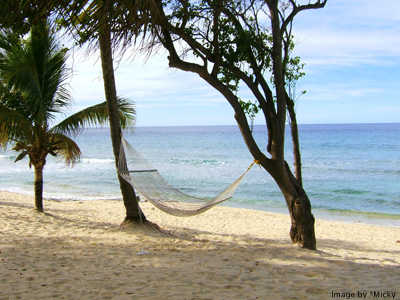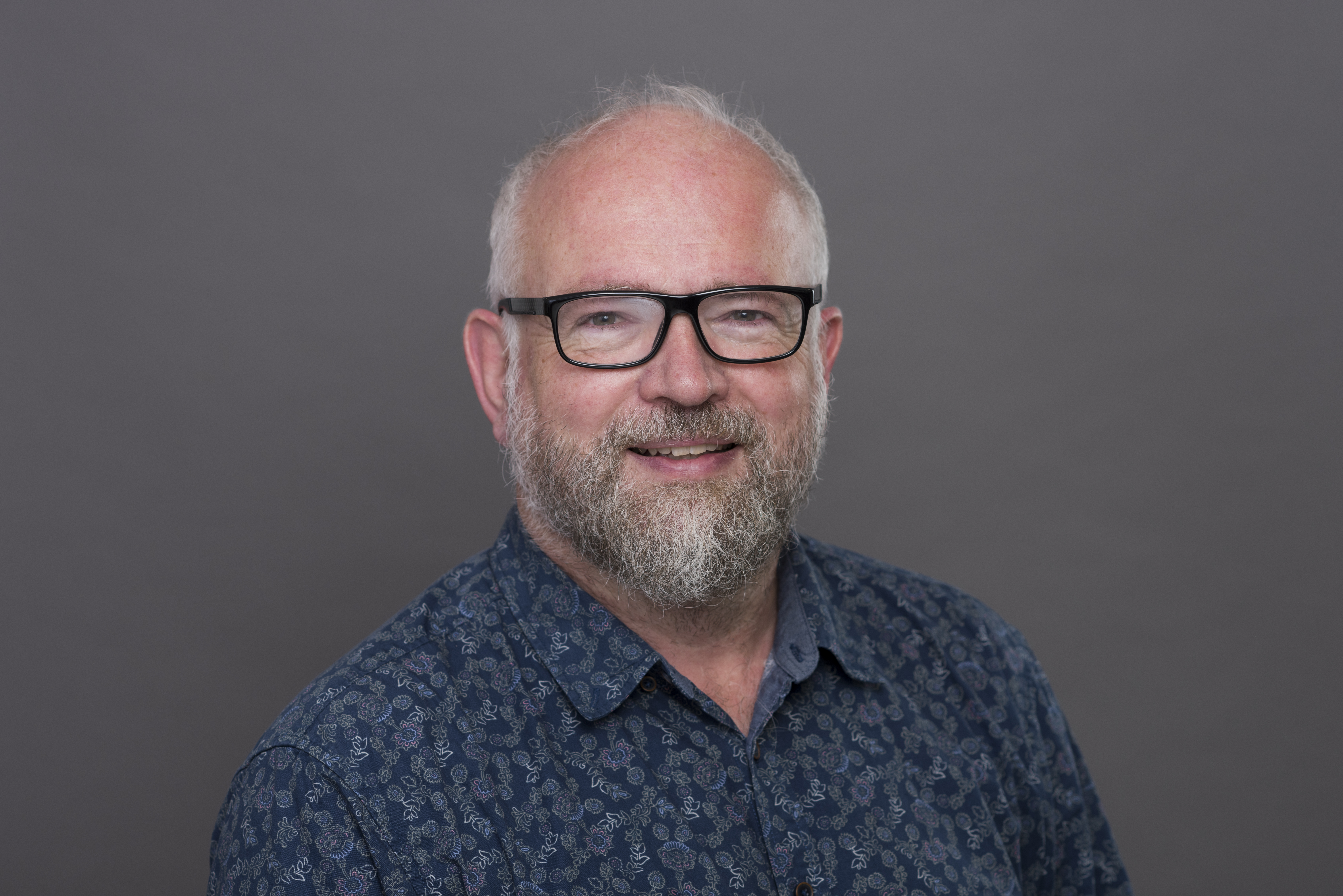Desert Island Hard Disks: David De Roure
Posted on 25 July 2014
Desert Island Hard Disks: David De Roure
 You find yourself stranded on a beautiful desert island. Fortunately, the island is equipped with the basics needed to sustain life: food, water, solar power, a computer and a network connection. Consummate professional that you are, you have brought the three software packages you need to continue your life and research. What software would you choose and - go on - what luxury item would you take to make life easier?
You find yourself stranded on a beautiful desert island. Fortunately, the island is equipped with the basics needed to sustain life: food, water, solar power, a computer and a network connection. Consummate professional that you are, you have brought the three software packages you need to continue your life and research. What software would you choose and - go on - what luxury item would you take to make life easier?
Today we'll be hearing from David De Roure, Director of the Oxford eResearch Centre.
I've always felt that, should one ever find oneself in a fairytale "three wishes" scenario, then surely the first wish would be to be able to do magic. Hence my first software package must be a programming language with which I could do anything, and for me that is Lisp. To be specific, it would be the Scheme dialect, and the MIT compiler, but that might all depend how much I can grab in those precious seconds – "any Scheme will do" as someone once nearly sang. And given one Lisp I can make any other – or indeed any other language, of my own invention. Metalinguistic magic. Lisp was and is my first language and I believe my brain might be programmed in it.
Chances are I might find the next one lying around on the island but I can't risk being without it. It's make. For me it's more than a way of compiling programs with dependencies, it's a way of life – a research paradigm. What we make is the product of our research, based on a myriad scripts and programs but also input data from multiple sources (e.g. the output of other research, of sensors in the physical world, in social media, in audio recordings of island sounds). Hence my Makefile is my research record, gathering together all the bits and pieces, and it makes my research reproducible and reusable (by me, and my rescuers). Others might use a computational workflow or a spreadsheet but I like the simplicity, power, declarative nature and pervasive availability of make – I can do all of e-Research with it.
So a language and a tool, what is number three? It needs to encode considerable knowledge so that I can stand on the shoulders of experts on my lonely island, and it needs to be extensible so I can equip it for the idiosyncrasies of island life. Some software libraries appeal, as do matlab and R, but as a music researcher I'll plump for the Audacity digital audio editor (with Nyquist plugins of course, and Vamp too if I may). Then I can record and create and post-process, and I can analyse (yes, I had to sneak a Fourier transform in somewhere even if it's a stowaway!)
And do I get a text-minable copy of the bible and the complete works of Shakespeare? That would give me something to analyse and sonify. And if you are serious about the network connection? Listen out for me sonifying sonnet tweets with island sound samples.
Luxury item? A really really good sound system. After all I have no need for headphones.
Now...
make rescue.
